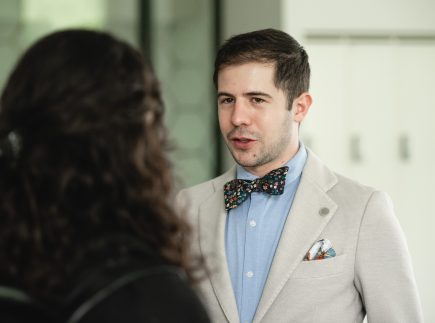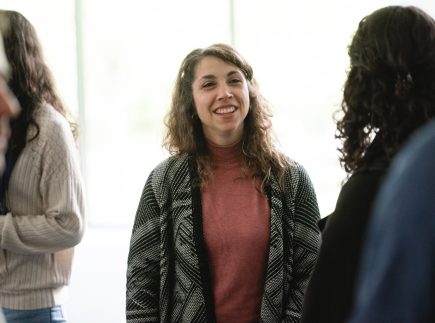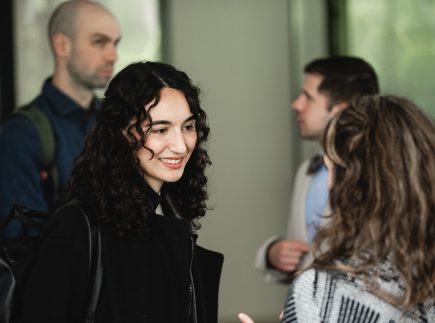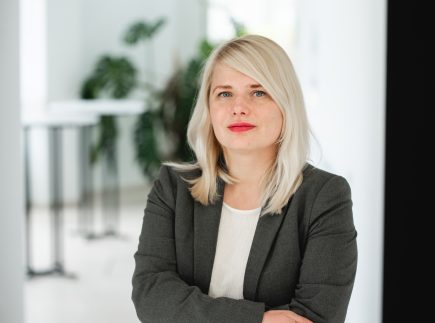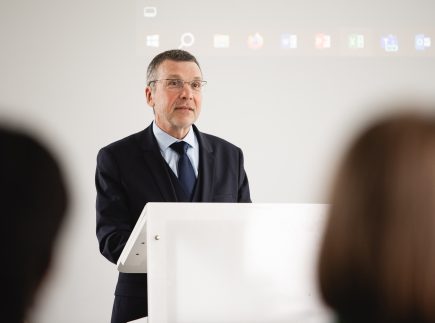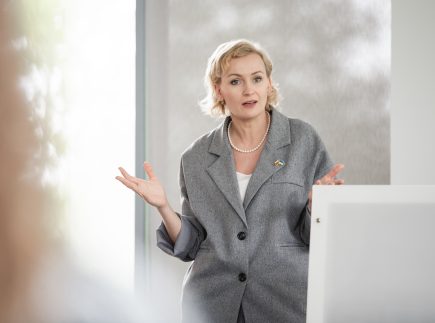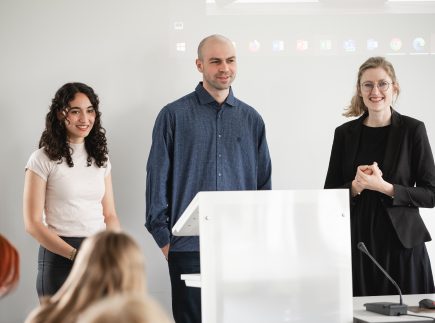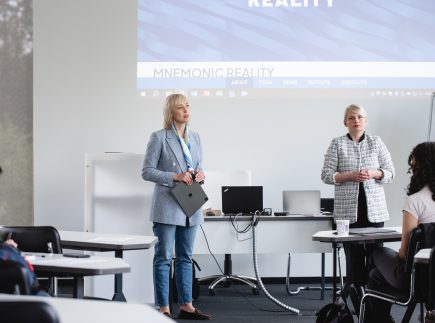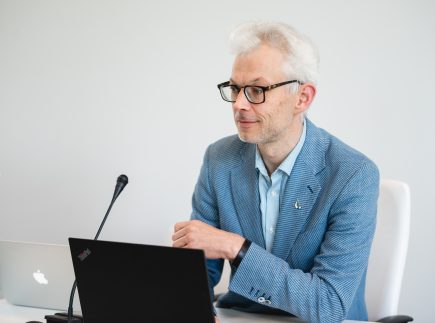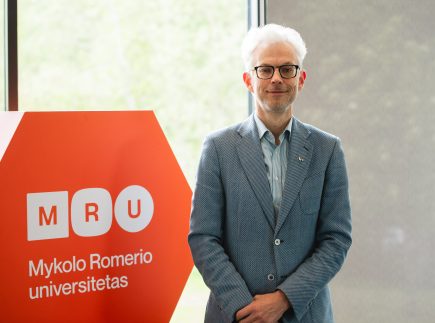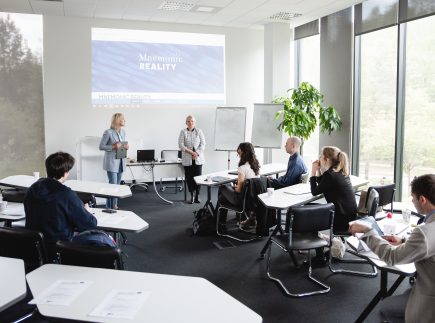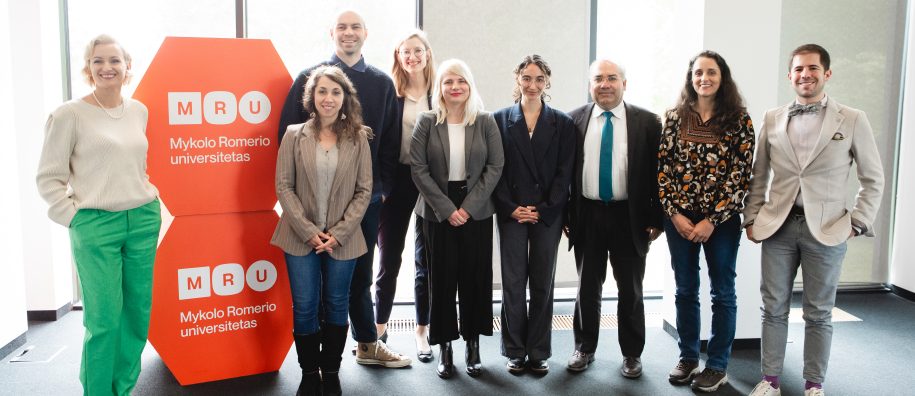
On 6-7 May, Mykolas Romeris University (MRU) hosted an international scientific workshop "Memory, Law and History in Europe: Reflection or Creation of Reality?". The workshop brought together scholars from Germany, Lithuania, Poland and Portugal.
The seminar addressed Europe's most pressing issues of historical memory, focusing on laws and practices related to the commemoration of the Holocaust, genocide, political violence and war crimes across the EU.
The MRU scholars agreed that historical memory not only contributes to the examination of past events such as the Soviet era in Lithuania or the Holocaust during the Second World War, but also allows us to predict the social, political and economic situation of different regions in the face of the wars that followed. In order to understand future scenarios, as well as the trends of the current war in Ukraine and the Middle East, it is necessary to examine them in depth. This is particularly true in the context of disinformation.
"Memory and the politics of memory play a huge role in today's global arena - Russia is using memory as a tool to justify its war against Ukraine, and in the context of Israel and Palestine, divergent representations of historical memory are also the basis of a long-lasting tragedy," said Saulius Spurga, Associate Doctor at the Vice-Rector of MRU.
According to Dr Monika Rogers, Head of the MRU Memory and Justice Research Center, even in the age of artificial intelligence and other technologies, memory and history remain a crucial dimension of both human existence and geopolitics.
Paulė Kuzmickienė, Chairperson of the Seimas Commission on Freedom Struggles and State Historical Memory, also highlighted the importance of the treatment of commemorative signs and the need to define this in legislation. "There are still monuments, memorial plaques, streets and educational institutions in Lithuania whose names or content are associated with the ideologies of communism or National Socialism," said Ms Kuzmickienė, adding that it is not possible to assess the situation unequivocally - a dialogue is needed at the level of local communities, not just municipalities.
"It is not only Lithuanians who are discussing the issue of streets and schools named after Salomėja Nėris - similar discussions are taking place across Europe, from Germany to Portugal. Wars and conflicts further expose and highlight the wounds of memory," said Dr Rogers.
The event, which took place at MRU on 6-7 May, is part of the project "Mnemonic Reality: Investigating Memory Law's Impact on Reality and Reality's Impact on Memory Laws".
The event was organised by the MRU Memory and Justice Research Center.
